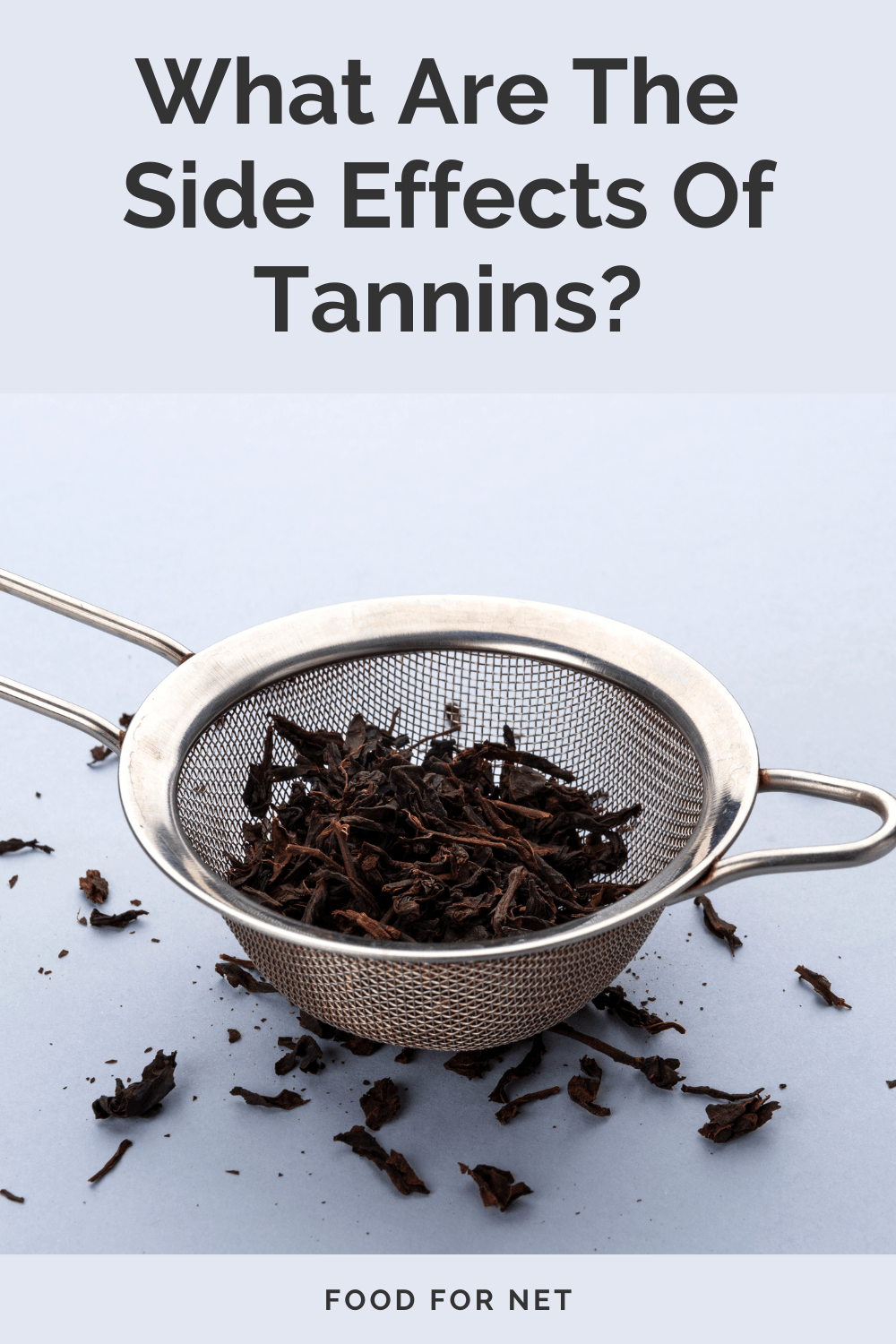
Red wine and black tea are both famous for their tannin content. But, what are tannins exactly and what are the side effects of tannins?
To begin with, tannins are plant-based compounds. They have bitter and astringent properties, which help to protect the plant from predators (who wants to eat something that tastes horrible?).
Yet, while tannins are meant to be off-putting, some tannin rich foods and drinks can be delicious, as the bitterness adds richness and contrast. After all, drinks like coffee, tea, and red wine have a bitter element to them and remain incredibly popular.
The popularity of these foods is why we need to take such a close look at the health impacts of tannins. If you’re going to be consuming them regularly, it’s worth understanding how they affect your body.
What Are The Side Effects Of Tannins?
Benefits And Risks Of Tannins
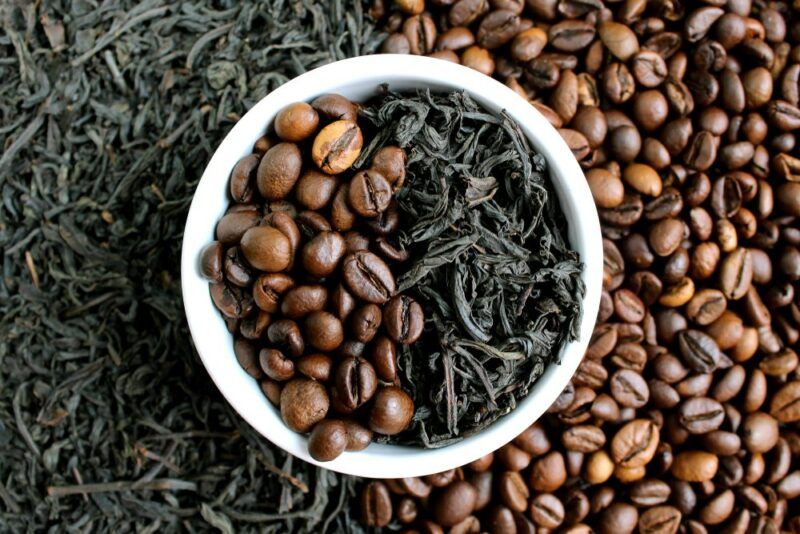
The Problems With Tannins
They Interfere With Iron Absorption
Perhaps the biggest issue with tannins relates to iron. Tannins do have antinutrient properties, meaning they interfere with the digestion of some nutrients, particularly iron.
This area isn’t hugely concerning if you’re only consuming high tannin foods every so often or if you’re eating them at different times than your meals.
However, this issue can easily become significant. You could even find that tannins lead to iron deficiency anemia, particularly if your iron intake is on the low side. If this happen, you might experience side effects like fatigue, cold hands, brittle nails, and a rapid heartbeat.
Having some vitamin C at the same time as tannins reduces this effect, helping you to absorb more iron. This could be as simple as squeezing some lemon juice into your tea. Adding milk helps as well, as the tannins interact with the protein in your milk, which reduces their interference with iron absorption.
You may also simply need to increase your iron intake.
The issue also means that anyone with low iron levels should be cautious with drinks like black tea and red wine. It’s too easy to drop your tannin levels even lower and put yourself at serious risk.
Can Lead To Digestive Side Effects
While iron absorption is the most common problem, the way tannins interact with protein could influence your digestion in other ways as well. In fact, some people do experience digestive side effects, including nausea and constipation.
Food can sometimes be helpful here. In particular, you’re more likely to experience nausea from a mug of black tea on an empty stomach than if you’ve had a snack first.
Again, adding milk or a source of vitamin C can help. Both approaches reduce the impacts of the tannins and should lead to fewer side effects.
They May Cause Headaches
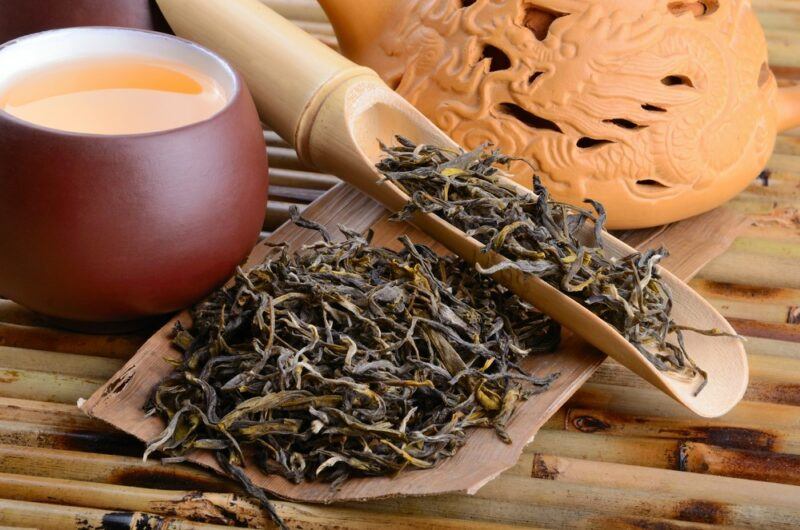
Some people also associate tannins with increased headaches or migraines. This is a heavily debated area, as the issue is often reported, but there’s little scientific evidence to back it up.
Still, there could easily be a headache related effect that research hasn’t picked up yet, perhaps one that just affects a small number of people.
The best approach here is to pay attention to yourself. For example, do you get more headaches when you drink tea compared to when you don’t? If so, does the type of tea matter?
You might find that you can swap from black tea to green tea, as green tea is much lower in tannins and may not give you the same side effects.
They Can Stain Your Teeth
Tannins are interesting here. They don’t stain your teeth directly. Instead, they make it easier for stains to stick. So, if you’re drinking something dark-colored that’s rich in tannins, you could easily end up with stained teeth.
The effect isn’t immediate. Instead, having such drinks regularly starts to slowly increase the amount of staining.
This issue is strongest with dark colored drinks, including black tea and coffee. This means that having multiple glasses of black tea every day will almost certainly impact your teeth.
To avoid the effect, try not to overdo it with dark tannin rich drinks and make sure to rinse your mouth after having one.
Are There Any Benefits?
The risks we’ve been talking about may make tannins seem like something to be avoided. But, those issues are only part of the story. Tannins have some positive features too. They might even be more helpful than harmful.
The Have Antioxidant And Anti-Inflammatory Properties
First off, tannins are classified as antioxidants. As such, they help to stabilize free radicals and reduce oxidative damage throughout our bodies.
This effect is very important, as too much oxidation from free radicals can cause all sorts of damage and considerably raise the risk of health problems and disease. Getting sufficient antioxidants in our diet is one of the best ways that we can protect ourselves.
High tannin foods are often rich in other types of antioxidants as well, making them even more powerful. Antioxidants don’t solve every problem, of course, but they go a long way towards making us healthier.
Tannins are also relevant for inflammation. This is an equally important effect, as too much inflammation increases disease risk – putting your health at risk.
The combination of antioxidant and anti-inflammatory properties is always powerful – especially these days, where our lives are often full of processed food, stress, and not enough exercise.
They Have Antibacterial Effects

Interestingly, tannins can also help to kill bacteria and other microbes. This effect could reduce the risk of some bacteria-related health issues, like stomach ulcers – and perhaps boost your immune system too.
This isn’t a heavily researched area.
Most of what we know about tannins and microbes comes from test tube studies. So, we don’t know what effects (if any) these antibacterial properties have on human health.
Still, such properties are unlikely to cause harm, so they’re another reason to give tannins a try.
They Can Reduce Disease Risk
The antioxidant and anti-inflammatory effects of tannins are both very important. They help to keep our bodies balanced and may decrease the risk of many diseases in the process.
Tannins can have more direct impacts on disease risk too.
One area is heart disease. Tannins may help to decrease blood pressure, improve blood flow, and even promote healthy tissue around your heart. Many tannin rich foods and drinks have other heart healthy compounds too, making these effects even more powerful.
Then there’s diabetes. Tannins can help to improve insulin response and decrease blood sugar levels. Both effects are highly important for reducing diabetes risk.
Some types of tannins could even decrease the risk of diabetes complications, helping those with diabetes to manage their condition.
There are some less well-researched benefits too, including the potential of tannins to prevent cancer and slow down conditions like dementia and Parkinson’s disease.
Tannins Are Common In Healthy Foods
You’re never consuming tannins in isolation. Instead, they’ll always be part of some type of food or drink.
This is helpful too, as most tannin rich foods also contain plenty of other healthy compounds.
Take tea as an example. Tea has long been associated with benefits, where tea drinkers often have decreased disease risk and may even live longer compared to those that don’t drink tea.
They Might Help With Your Mood
There’s also the chance that tannins help you feel better by raising your levels of some neurotransmitters. Such effects are always helpful – even more so if you’re run down and stressed.
Many of the foods that contain tannins have mood boosting benefits of their own anyway, including dark chocolate and coffee.
Where You Find Tannins
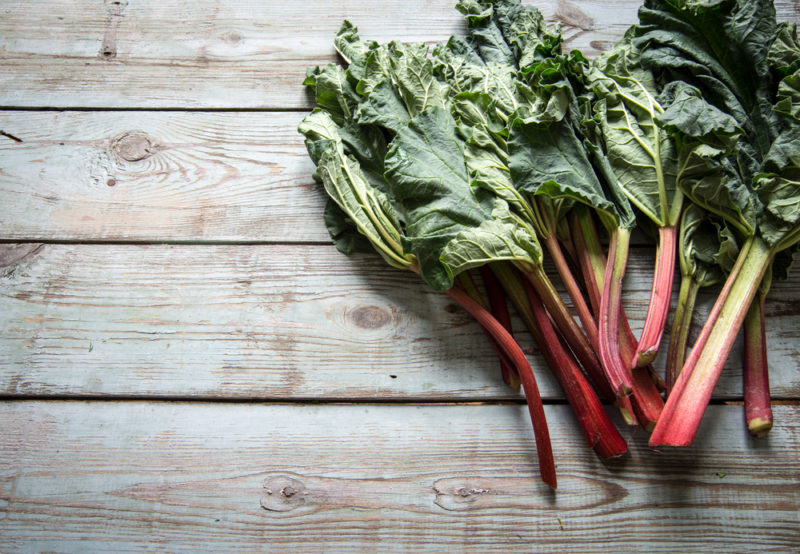
Most discussions of tannins focus on red wine, tea, and perhaps coffee. While black tea is the most potent source of tannins, the other drinks can contain a decent amount of tannins as well.
However, there are plenty of overlooked sources of tannins too.
For starters, tannins are common in underripe fruit. The tannin levels naturally decrease as the fruit ripens. Some types of ripe fruit still contain a decent amount of tannins, including blackberries, raspberries, plums, and apples (which makes apple juice a decent source of tannins too).
Tannins are also found in some unexpected ingredients, including walnuts, chickpeas, lentils, some types of beans, and rhubarb.
Final Thoughts
We’ve talked a lot about the side effects of tannins, along with their benefits. But, remember, you’re never consuming tannins on their own. You’re getting them in your food and drink.
This is important, as whatever you’re eating and drinking contains plenty of other compounds.
Take tea as an example. There’s little doubt that tea is good for you. Not only is it a low calorie drink that’s packed with healthy compounds, but drinking tea regularly is also associated with many benefits.
Despite this, tea headaches are a thing. Some people end up with stomach aches or nausea. Tannins could be causing those side effects. So too could the caffeine. Or, the tea may be contaminated in some way.
That’s the thing. It’s important to avoid painting tannins as a dietary villain, as they’re just one component of what you’re consuming.
The bigger question is how your food and drink affects you. Varying your diet can help you to work out which foods you react to.
So, if red wine gives you a headache, try focusing on red wine that’s low in tannins. If you’re still getting headaches, you might try alcohol free red wine or perhaps white wine.

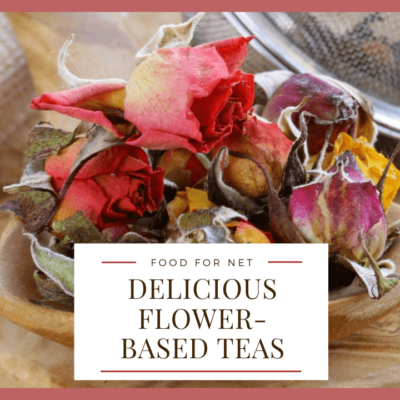
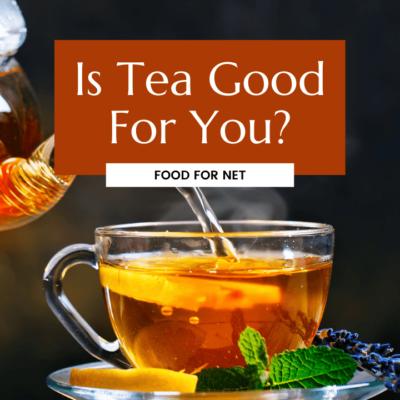
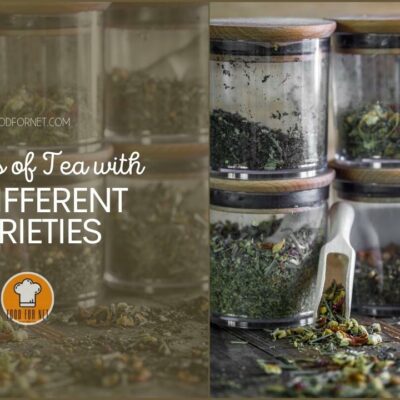

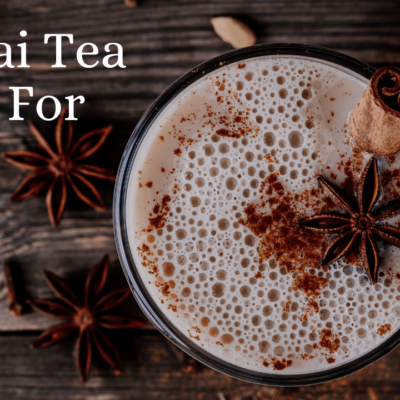
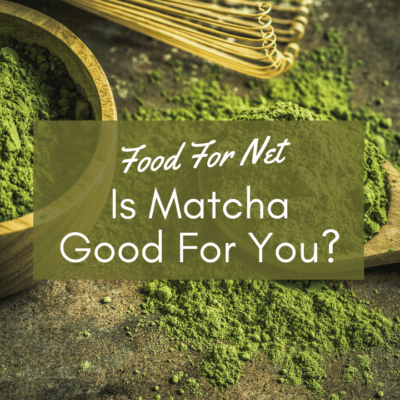
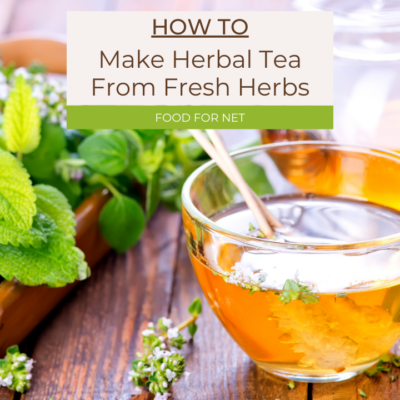
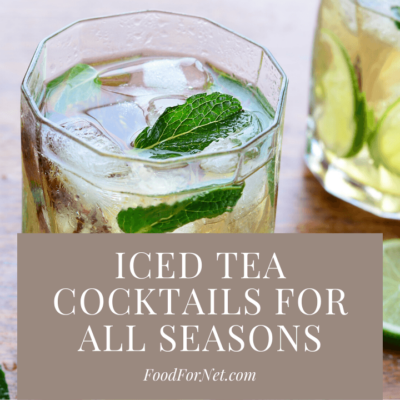

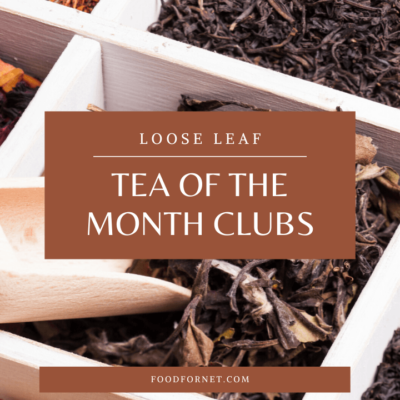

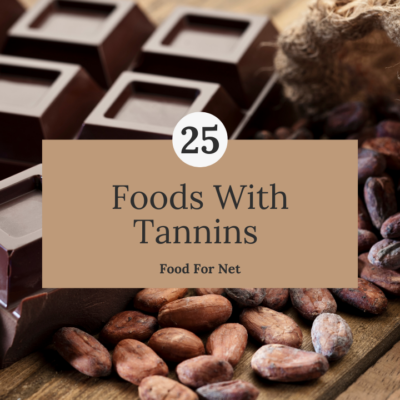
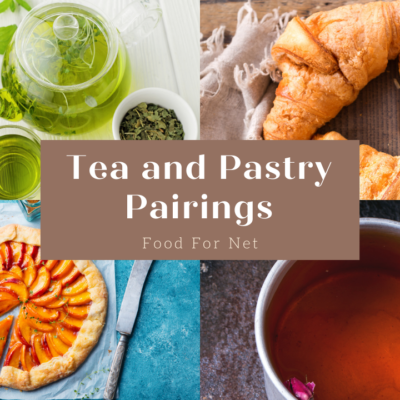
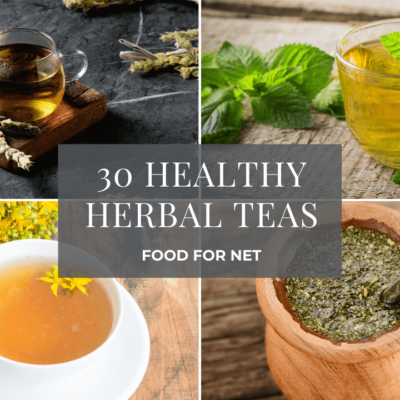
 Does Coffee Have Tannins?
Does Coffee Have Tannins?
Leave a Reply